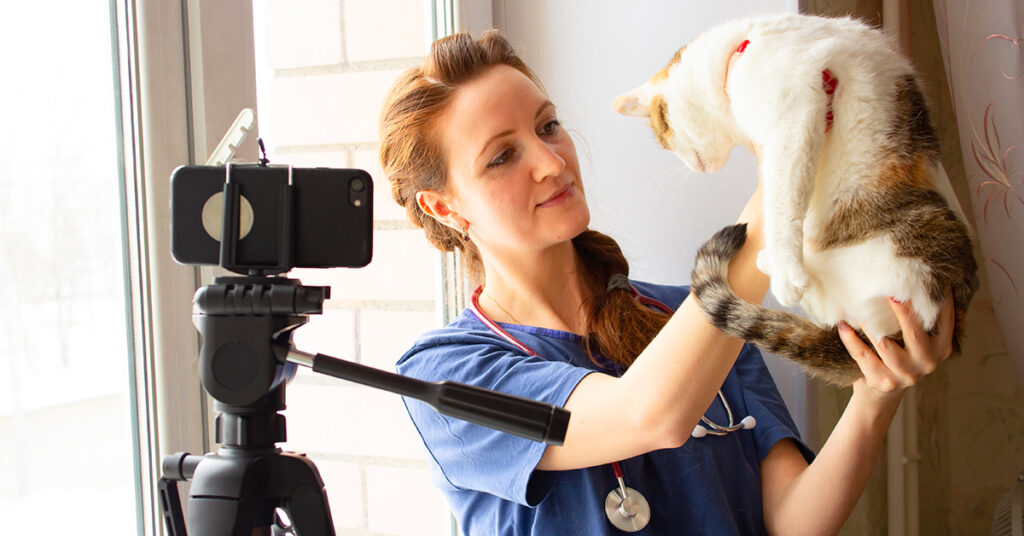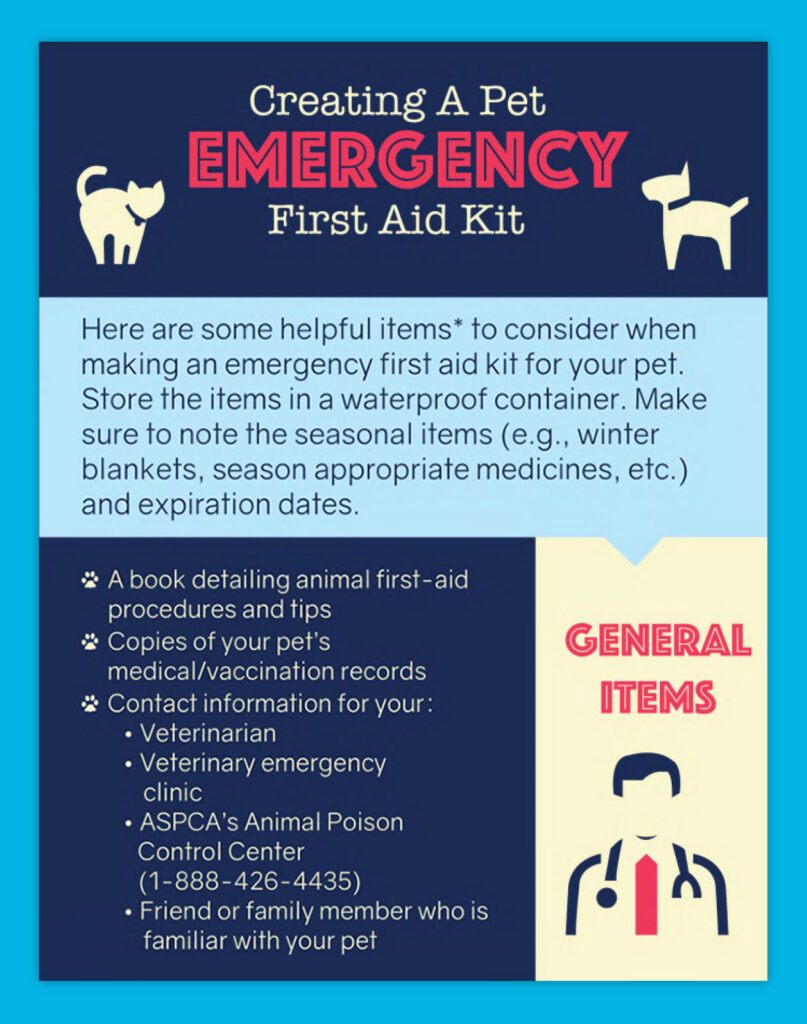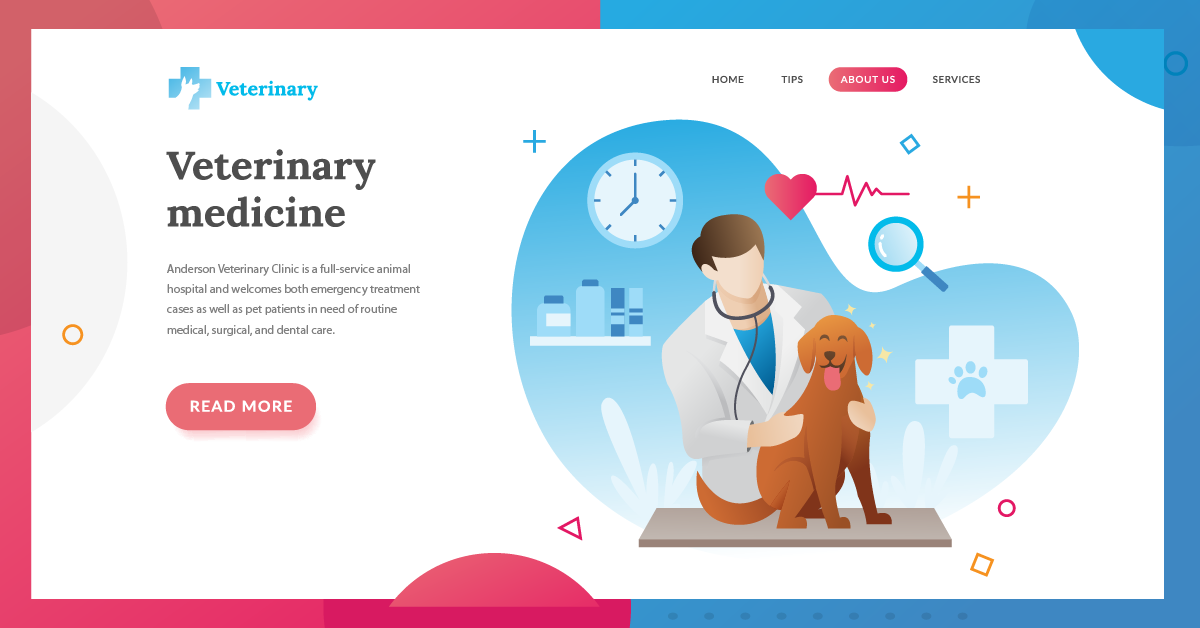How to Improve Google Rankings for Veterinary Websites
One of the best and most efficient ways to find a business in your local area is by heading over to the biggest search engine in the world, Google. You can search for a restaurant, movie theater, or even an ice cream parlor and Google will hand you a ton of options on a silver platter. The same goes for pet parents who want to find veterinarians near them.
Many pet owners are actively searching for care for their pets from the best possible vet professionals and if you want your website to appear in the results for relevant searches, it’s critical that you work on improving your Google ranking.
With so many websites competing to rank for their veterinary services, it can be difficult to get your vet clinic to rank at the top. But we’re here to help you with that. Let’s dive into some of the most important elements you should focus on in order to be ranked among the best veterinary websites.

Improve Your Website’s User Experience
How often have you clicked through to a website and it just wasn’t what you were expecting or didn’t give you the answers you were looking for? It happens quite often and it’s how websites most commonly miss out on getting more leads.
One of the best ways to improve your Google ranking is to make sure that current and potential patients have a good experience when they visit your website. How pleasant your veterinary website is for visitors can be a deciding factor for whether or not they continue to browse or leave after only moments of being there.
In order to make sure website visitors have a positive experience, your website should:
- Be easy to navigate
- Offer valuable information for users through quality content
- Have high-quality images that complement your text
- Have a navigation bar with your main landing pages (the most important web pages like a homepage, appointment/contact page, about page, services page, patient testimonials, etc.)
Your web design can be a factor that sets you apart from another veterinary clinic. Remember, veterinary websites are a reflection of your clinic for many new clients. How well-designed, professional, accurate, and valuable the content is on your website can build trust with your target audience and turn them into clients.
Learn More: 5 Features Every Good Veterinary Clinic’s Website Must Have
Optimize Your Veterinary Website for Local Search on Mobile

Do you know how many people are using their smartphones to search for businesses “near me”? Web traffic from mobile devices accounts for 54.8 percent of global web traffic. Many of those users will be searching for things like “veterinarians near me” and if your website is not optimized for local search, your practice will not appear in the Google search engine results pages (SERPs).
Your site should be compatible with both desktop and mobile, which means the experience should be the same no matter what type of device a user is viewing it on. Your navigation, content, graphics, CTAs, etc. should perform well and be readable on every type of device.
If you want to improve your chances of your veterinary practice showing up in relevant local searches, you can:
- Claim your Google My Business page and make sure it’s up to date with the latest contact info (name of business, address, phone number, website, and daily hours)
- Get positive reviews from current clients. When someone is searching for vet services, seeing reviews from satisfied clients will encourage them to book an appointment because others are raving about the great experience they had.
Get More Backlinks From Other Authoritative Veterinary Websites
What are backlinks? Well, backlinks are links on other websites that link back to a page on your site, hence the name. Backlinks are an important factor to Google when it comes to ranking your website because it shows your website’s authority and others’ willingness to link to your site as a resource.
It’s also great for your website traffic because users from other sites will click on the backlink and be directed straight to your site. The process of gaining more backlinks is known as link building. It’s important to note that some backlinks are more valuable than others.
It’s best to get links from websites that are trusted and have high authority in the vet industry. This could be an association like the American Veterinary Medical Association or other popular vet sources.
Write Valuable, Optimized Veterinary Content for Your Site

One of the most common and significant factors to get your veterinary website ranking is to create relevant content that answers the questions users are asking. You can do this by having a blog page on your website where you post original content with targeted keywords.
Do your keyword research to find out what information pet owners are searching for the most online. This can be a start to helping you create content that addresses those needs.
Here are some examples of veterinary topics that users often search for on Google:
- Toxic food for pets
- Upset stomach in pets
- Food allergies in pets
- Behavioral issues
- Urinary issues
- Bad breath in pets (pet dental health)
- Ideal pet weight
- Medication for ticks, fleas, and heartworms
Additionally, you should be thinking of the most asked questions that you get from current patients. What topics do they question you most about during appointments or over the phone? Making a list of these questions is another way to get you started on writing content that interests them and other pet owners.
You should also be posting visual content on your website. Visual content includes media like infographics, videos, charts, and lists.
Here is a great example of a helpful infographic that touches on an important topic for pet owners:

Read On: The Do’s and Don’ts of Veterinary Websites
Bonus Tips to Boost Your Ranking
While the tips listed above are key in seeing a change in your Google ranking, there are a few more ways that are helpful in doing this:
- Fix Broken Links – if any of the pages on your website lead to 404 error pages, this can hurt your ranking and also reflect negatively on your site to users.
- Consider the Speed of Your Site – How long does it take a page on your vet website to load? If it takes too long, this will encourage users to leave, which will increase your bounce rate. Check the speed of your site here. You can improve your site’s speed and performance by compressing images and text, making sure you have a good website host, and taking a look at how many plug-ins you have.
Let VetMatrix Design a Fully-Functional and Professional Vet Website For You That Ranks Well on Google
When it comes to boosting your ranking on Google, you don’t have to bear the responsibility alone. Here at VetMatrix, we are experts at helping veterinary practices like yours reach their full potential and improve their online performance. To learn more about how we can help with our digital marketing services, call us at 888.792.8384 or book a consultation now.



